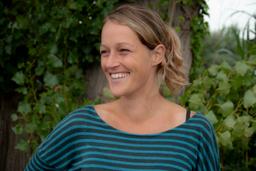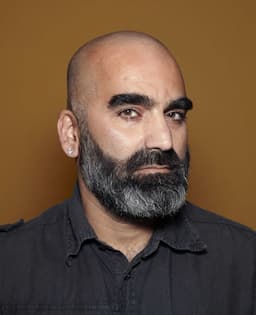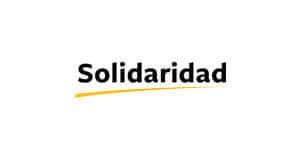This webinar took place shortly after the publication of the Cocoa Barometer 2020, published by the Voice Network; a global effort of multiple organizations working together for sustainability in cocoa.
During this webinar moderator Bahram discussed with Antonie Fountain, how to ensure a living income for farmers. Additionally three other experts in the field of cocoa called in to this webinar from all over the world to share their knowledge with us on this topic. Do you want to know more about sustainability in the cacao industry? Then watch the recording of Getting Fair Fast #1: How to ensure a living income for cocoa farmers?
Fair price
Poverty is a root cause of all sustainability problems in the cocoa sector. Most cocoa farmers in West Africa are currently unable to earn a living income. For years, the sector has tried implementing technical solutions – i.e. increasing productivity, income diversification, and increasingly fostering financial inclusion through Village Savings and Loan Associations (VSLA) – to tackle what is essentially a political problem. To date, these efforts have not met success at scale.
The cocoa sector is finally starting to discuss the price paid to cocoa farmers for their produce, including the Farm Gate Prices, which has been a taboo subject for a long time. Moreover, the question of value and power distribution in the chain is also increasingly on the agenda in the cocoa industry.
This conversation is only getting started and will require all stakeholders to be involved. With this webinar, we wish to contribute to the much needed discussion on what political, in addition to technical, measures will be needed to ensure a living income for cocoa farmers. We are convinced that any discussion on the (sustainable) future of the sector needs to be inclusive of all voices, and therefore pleased to welcome a representative of cocoa farmers in Ghana.
Cocoa Barometer 2020
The webinar will take place shortly after the publication of the 2020 Cocoa Barometer, a publication by the Voice Network, a global consortium of civil society organisations working on sustainability in cocoa. Antonie Fountain from the Voice Network will present the main outcomes of the new Cocoa Barometer.
A few questions as discussed in the webinar are highlighted below but watch the webinar for the full story!
What is the cocoa barometer?
The cocoa barometer was released on the 1st of December 2020, it is a important report released by the Voice network every two years. In this report everything that is about sustainability in the cocoa sector is being reviewed. The 2020 report was released in collaboration with multiple important stakeholders in Brussel.
In Antonie’s opinion, who is the managing director of the Voice Network, it is high time that cocoa becomes sustainable and for this we need laws and regulation. He explains that we have tried for over 20 years to get cocoa sustainability through voluntary action, however this has not been achieved yet. So, he believes that it is now time for laws and regulations and Brussel is where this change needs to happen. Additionally, he also adds that even large chocolate corporation are now asking for these laws and regulations.
What is the biggest problem with Cocoa?
Antonie explains that the problems with cocoa can be divided in to three parts. The first being, human rights or actually a lack of it. This covers poverty and child labour, but also labour rights, healthcare education and much more.
The second part is environmental concerns, covering deforestation, climate change, use of chemicals and loss of biodiversity. And finally, the third part is Living income, almost all cocoa farmers live far below a living income. This is caused by multiple factors, low yields and low prices to name a few. This means high risk for the cocoa farmer. To get cocoa fair and sustainable all three sides of this cocoa problem have to be considered and solved.
Should cocoa farmers be involved in the decision making about cocoa regulations?
According to Issi, Cocoa farmer and CEO of the Sefwi Bekwai Cocoa Farmers Association in Ghana, yes absolutely. He thinks it is very strange that the people that are affected most by these regulations are often not even consulted. Currently, the contribution of the farmer is often neglected. Issufu believes that if the famers are involved in the decision making process many problems in the cocoa industry can be solved.
What is Mondalez currently doing to solve the problems in the cocoa industry?
Mondalez is a large corporation, some of its well-known brands are: Toblerone, Milka, Cote d’or and Oreo. Cathy Pieters, Director of the sustainability program of Mondelez, called Cocoa Life Program, states that Mondalez has known for quite some time now that they have a very important role to play in the cocoa value chain and that part of their profit is already going to the right places to help improve the cocoa industry.
Furthermore, she stresses the importance of transparency in their supply and value chain so they can see the issues and challenges and better understand them. This enables them to tackle these challenges in a holistic way.
Starring in this programme

Suzan-Hermina Adwoa Yemidi
International Programme Coordinator Cocoa Solidaridad West Africa

Antonie Fountain
Managing Director at VOICE Network

Issifu Assaka
Cocoa farmer and CEO Sefwi Bekwai Cocoa Farmers Association, Ghana
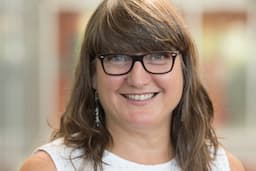
Cathy Pieters
Director Cocoa Life Program at Mondelez International

Kwame Osei
Country Director Rainforest Alliance, Ghana & Nigeria
Read and listen more
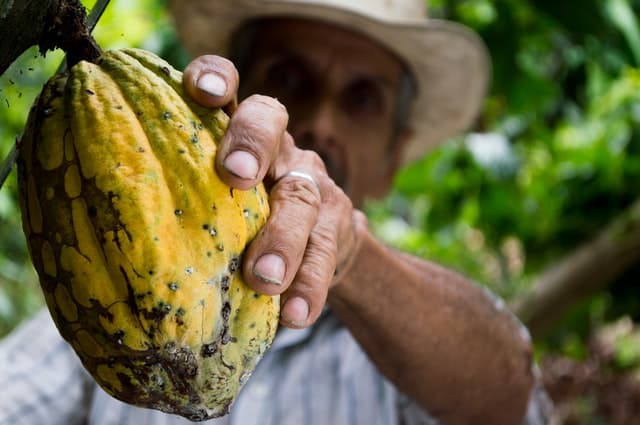
Listen to the podcast
Getting Fair Faster #2: Cacao
A conversation with Dr. Winston Asante (research manager at Solidaridad) and Enver Loke (director at Chocolatemakers).
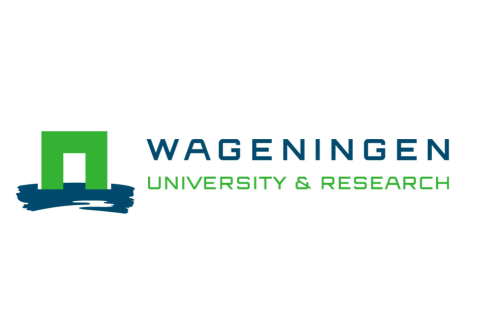
No silver bullets; CLOSING THE $10 BILLION INCOME GAP IN COCOA CALLS FOR CROSS-SECTOR ACTION
Interview with Cathy Pieters, Mondelez, on a new research with Wageningen University on Living Income.
'We estimate the annual income gap for cocoa farmers in Ghana and Côte d’Ivoire at $10Bn (calculated by focusing on enabling 75% of cocoa farming households, a clear majority, to reach a Living Income). Based on our analysis and data, we outline in this paper a reality where no single intervention, or interventions by any single actor within the sector, can create the transformational change needed to build the healthy rural economy necessary to support Living Income for all farming households.'
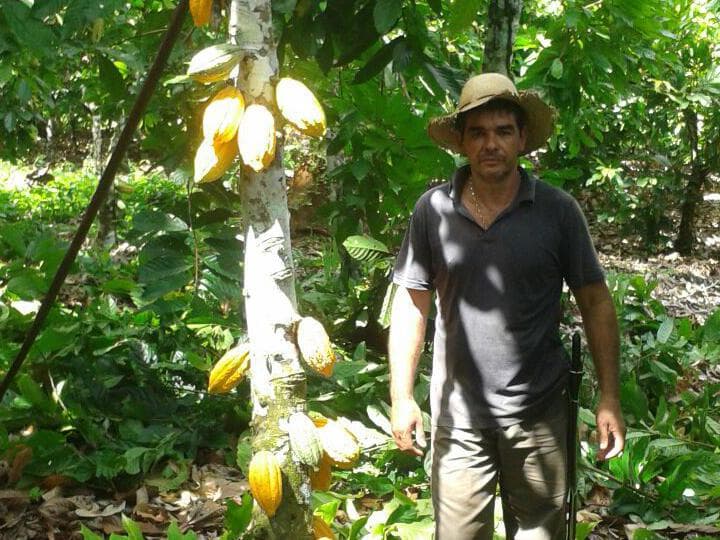
Rainforest Alliance Ghana
The Rainforest Alliance is an international non-profit organization working at the intersection of business, agriculture, and forests to make responsible business the new normal. We are building an alliance to protect forests, improve the livelihoods of farmers and forest communities, promote their human rights, and help them mitigate and adapt to the climate crisis.
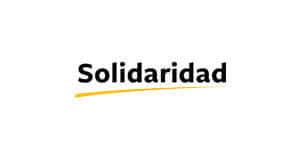
Solidaridad
Solidaridad envisions a world in which all we produce, and all we consume, can sustain us while respecting the planet, each other and the next generations.

 Account
Account


